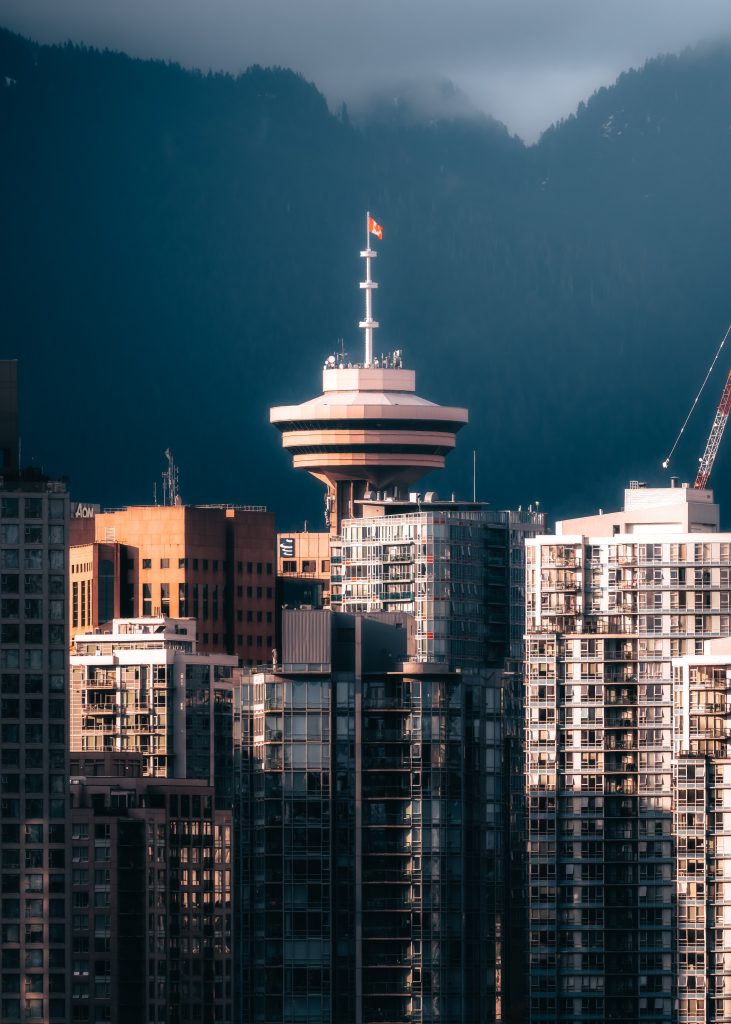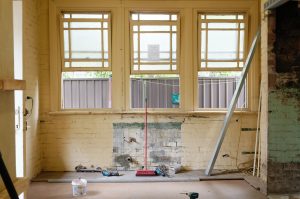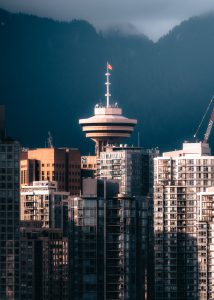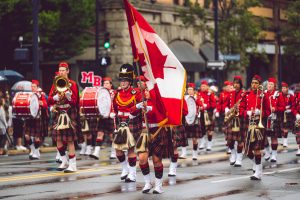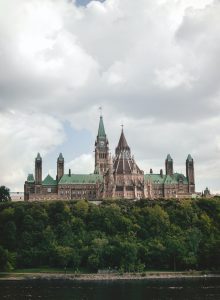Vancouver, often lauded for its stunning landscapes and vibrant culture, has also been at the forefront of discussions surrounding foreign real estate investment. To address concerns about affordability and housing accessibility for local residents, the city introduced the Foreign Buyer Tax. In this article, we explore the nuances of Vancouver’s Foreign Buyer Tax, its intended outcomes, and the ripple effects it has generated within the real estate market.
Understanding the Foreign Buyer Tax
Vancouver’s Foreign Buyer Tax, officially known as the Additional Property Transfer Tax (APT Tax) for Foreign Entities and Taxable Trustees, was implemented in August 2016. The tax imposes an additional levy on residential properties purchased by foreign entities or taxable trustees within specific regions of British Columbia, including the city of Vancouver.
1. The Aim: Curbing Real Estate Speculation
At its core, the Foreign Buyer Tax was designed to address growing concerns of real estate speculation, which was believed to contribute to escalating housing prices. By imposing an additional financial burden on foreign buyers, the tax aimed to deter speculative purchasing and provide a level playing field for local residents aspiring to own property in the city.
2. Impact on Housing Affordability
The introduction of the Foreign Buyer Tax marked a significant turning point in Vancouver’s real estate landscape. While the immediate impact was a reduction in foreign investment activity, its effects on housing affordability were multi-faceted. In some instances, the tax contributed to a slowdown in price growth, making housing more attainable for local buyers. However, the market also witnessed shifts in demand towards other property types and regions not subject to the tax, leading to varied implications for different segments of the housing market.
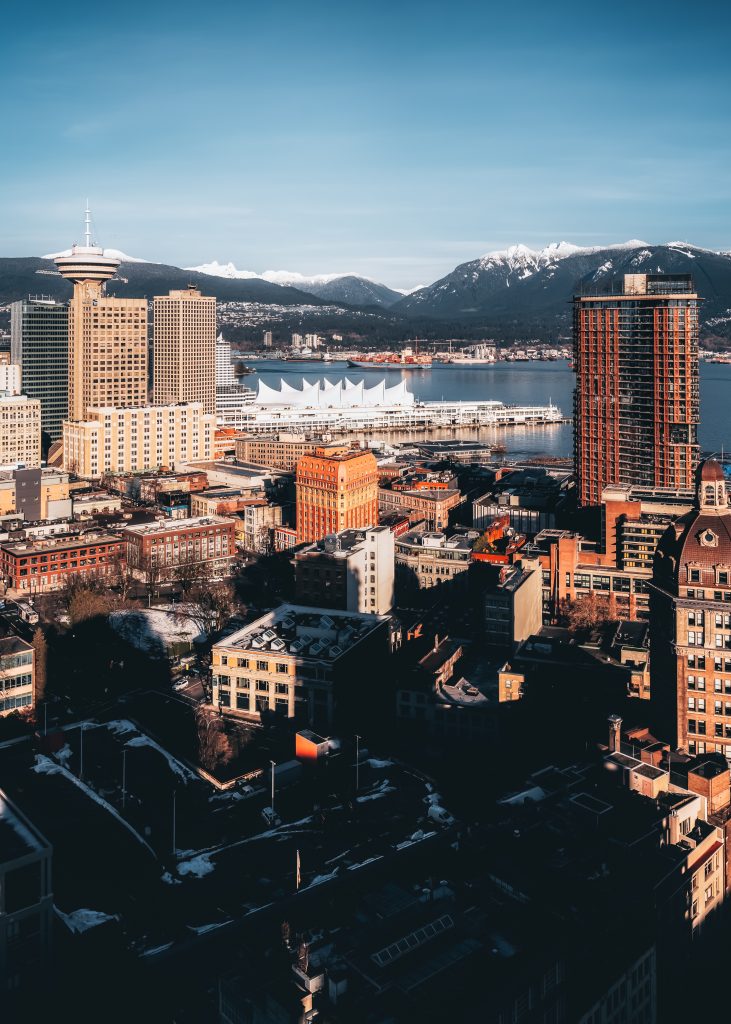
3. Market Dynamics and Housing Supply
The Foreign Buyer Tax played a role in prompting developers to reconsider their strategies and offerings. Some developers shifted their focus towards creating more affordable housing options to cater to the needs of the local population. This shift, coupled with government incentives and initiatives, contributed to an increased supply of housing units, particularly in the entry-level and mid-range segments.
4. Evolution of Investment Patterns
The tax led to a transformation in investment patterns, with foreign buyers seeking alternative options outside the taxed regions. Neighboring municipalities and provinces, such as Toronto, witnessed an influx of interest from foreign investors, shaping the dynamics of their real estate markets as well.
5. Continuous Monitoring and Adaptation
Over time, Vancouver’s Foreign Buyer Tax has undergone revisions and refinements to address potential unintended consequences and maintain its effectiveness. The tax rate, applicable regions, and eligibility criteria have been subject to review, highlighting the government’s commitment to fine-tune the policy to align with evolving market dynamics.
A Complex Tapestry of Impact
Vancouver’s Foreign Buyer Tax serves as a vivid illustration of the intricate relationship between policy, market dynamics, and housing affordability. While it aimed to curb speculative buying and enhance housing accessibility for local residents, its impact has extended beyond the realm of taxes. The tax has influenced investment patterns, market shifts, and housing supply, creating a complex tapestry of consequences that continue to unfold.
1. Ripples Across Property Types and Regions
One of the prominent threads within this intricate tapestry is the shifting demand across property types and regions. As foreign investors navigated the tax landscape, their preferences evolved, leading to a redistribution of interest. Properties exempt from the tax experienced heightened demand, prompting a surge in the condominium market, particularly in downtown Vancouver and surrounding neighborhoods.
2. Reshaping the Luxury Segment
The luxury real estate segment also experienced a recalibration. While the tax was initially aimed at high-end properties, its influence trickled down to properties of varying price points. As foreign investors sought alternative options, the luxury market witnessed a transformation, with buyers exploring different regions and adjusting their preferences to align with taxation considerations.
3. A Boost for Affordable Housing
In a surprising twist, the Foreign Buyer Tax indirectly contributed to fostering more affordable housing options. The shift in demand away from luxury properties compelled developers to pivot their focus. The result was an increased emphasis on creating housing units tailored to the needs of local residents, including entry-level and mid-range options. This unexpected outcome showcases the intricate interplay between policy decisions and the market’s response.

4. A Lesson in Policy Iteration
As time went on, the Foreign Buyer Tax underwent a process of evolution, emphasizing the iterative nature of policy-making. The government’s responsiveness to market feedback underscored the dynamic relationship between regulations and their real-world effects. Revisions to tax rates, exemptions, and geographic applicability showcased a willingness to adapt in order to achieve desired outcomes while minimizing unintended consequences.
5. A Pathway to Balanced Growth
Vancouver’s real estate landscape evolved from a narrative dominated by soaring prices and speculative fervor to one characterized by a quest for balance. The tax, in its pursuit of curbing foreign investment, set the stage for a recalibration of the market’s trajectory. It created an environment where local residents could aspire to homeownership without facing insurmountable challenges, while foreign investors explored opportunities that aligned with policy guidelines.
6. An Ongoing Journey
As we examine this complex tapestry of impact, it becomes evident that the story is far from complete. Vancouver’s real estate market continues to evolve, guided by a blend of policy decisions, market forces, and societal aspirations. The threads within the tapestry are in a perpetual state of flux, forming patterns that reflect the ebb and flow of investment, demand, and housing supply.
In the ever-changing landscape of Vancouver’s real estate, the Foreign Buyer Tax remains a pivotal chapter, a chapter that embodies the delicate dance between regulation and transformation. The intricate connections within this complex tapestry of impact serve as a reminder that the effects of policy decisions ripple far beyond the surface, shaping the city’s real estate narrative for years to come.
As Vancouver’s real estate landscape continues to evolve, ongoing analysis and a holistic approach are essential to ensure that policies remain aligned with the city’s goals of fostering a sustainable, inclusive, and thriving housing market.

